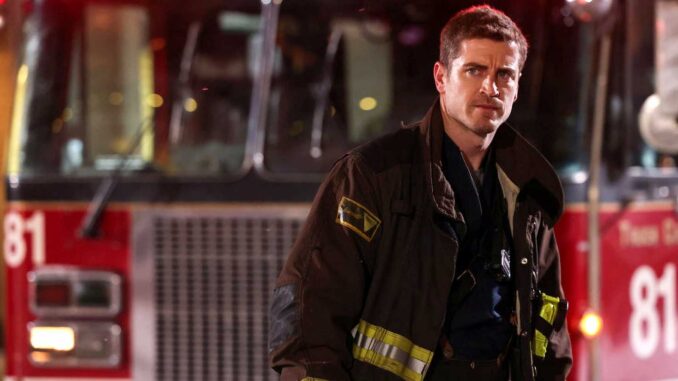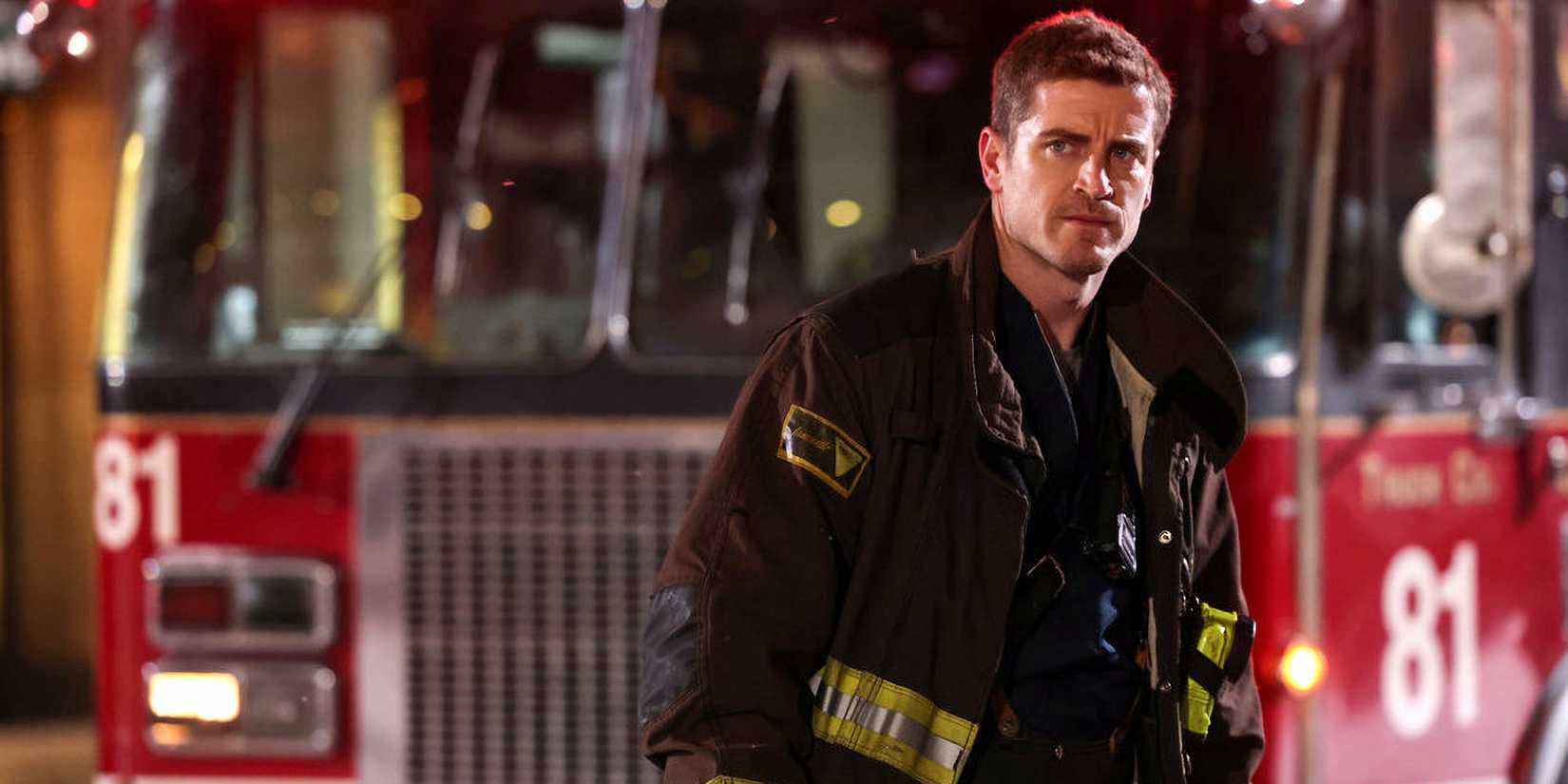
The flickering blue light of a fire truck’s siren, the acrid scent of smoke, the guttural roar of a burning building – these are the visceral hallmarks of “Chicago Fire.” For years, fans have been drawn into the lives of the courageous men and women of Firehouse 51, witnessing their triumphs, their tragedies, and their growth. But when news broke that the show’s latest recruit had repeated a mistake made six years prior, a collective sigh of exasperation rippled through the fandom, transforming into a frustrated murmur that online forums and social media platforms amplified into a cacophony of discontent. The episode, referenced by its production code “md11,” became not just another installment, but a flashpoint.
The “6-Year Mistake” in question, as veteran viewers swiftly pointed out, wasn’t a minor oversight. It was a pattern, a character flaw seemingly hardwired into the show’s DNA for new blood – the rookie, brimming with misplaced confidence and a dangerous zeal, oversteps a critical boundary, endangering themselves and their team. Six years ago, it might have been a new paramedic ignoring a direct order to administer an untested treatment, nearly causing a fatal allergic reaction. Or perhaps a green firefighter, convinced of their own superior judgment, breaking formation in a live blaze to pursue a perceived shortcut, only to become trapped and require a daring rescue. The specifics may vary, but the spirit of the error remains constant: a reckless disregard for established protocols, born of impetuosity, leading to near-catastrophe.
Fast forward to “md11,” and the scene unfolds with an unnerving sense of déjà vu. Enter Finn O’Connell, the latest fresh face to join the ranks of Firehouse 51. He’s brash, ambitious, and undeniably skilled, but he possesses that same fatal flaw. During a particularly challenging warehouse fire, Chief Boden, his face grimed with soot and worry, barks a clear order for O’Connell’s squad to hold their position and await backup for a ventilation maneuver. But O’Connell, glimpsing what he believes to be an unguarded path to the roof, ignores the command. He sees a chance to be the hero, to prove himself, and without a second thought, he breaks formation, scrambling up a precarious ladder, leaving his shocked squad leader shouting into the inferno. The resulting chain reaction – a sudden backdraft, a collapsing wall, a desperate scramble to find the lost rookie amidst the chaos – perfectly mirrors the high-stakes drama of the past.
The immediate aftermath, as the screen fades to black on a cliffhanger, wasn’t met with breathless anticipation for the next episode. Instead, it was met with a resounding “Are you kidding me?” from the show’s dedicated audience. Reddit threads exploded with side-by-side comparisons of the current storyline with archived plot summaries from six years ago. Tweets flooded with hashtags like #ChicagoFireRecycle and #WhereIsTheGrowth. “It’s not just that it’s the same mistake,” one frustrated fan posted on a forum, “it’s that nobody learned. Boden, Casey, Severide – they’ve been through this before! Why are they not better at spotting this, or at least reacting in a new way? It makes the veterans look incompetent and the storytelling feel lazy.”
This isn’t merely a complaint about plot repetition; it’s a symptom of deeper narrative fatigue. For a show like “Chicago Fire,” which thrives on the enduring bonds and evolving character arcs of its ensemble, rehashing old ground feels like a betrayal of that very premise. It implies a narrative amnesia, not just within the world of the characters, but in the writers’ room itself. Fans invest years in these fictional lives, watching characters mature, overcome personal demons, and gain wisdom from their past blunders. To then introduce a new character who makes the exact same fundamental error, leading to the exact same narrative beats – the stern lecture, the probationary period, the slow path to redemption – undermines that investment. It cheapens the past struggles and sacrifices, turning genuine character development into a revolving door of archetypes.
The anger wasn’t directed at Finn O’Connell himself, but at the meta-narrative choice. It suggested a lack of imagination, a reliance on a tried-and-true formula that, in its repetition, had become stale. Viewers expect growth, both for individual characters and for the show’s overarching storytelling. They yearn for new challenges that test established relationships in novel ways, or for the characters’ collective wisdom to prevent such predictable pitfalls. Instead, “md11” felt like hitting a narrative reset button, erasing six years of lessons learned in favor of easy conflict.
In the end, the new recruit’s repeated mistake, and the subsequent fan outcry, serves as a poignant illustration of the delicate balance in long-running television. Audiences crave familiarity and comfort, but they also demand evolution and respect for their enduring loyalty. When a show falters, recycling its own history rather than building upon it, it risks not just losing an audience, but alienating the very fans who have stoked its narrative fires for so long. The embers of discontent sparked by “md11” were a clear signal: for “Chicago Fire” to continue burning bright, it needs to forge new paths, not merely re-tread old ashes.

